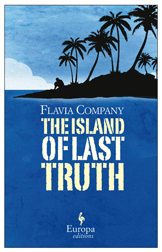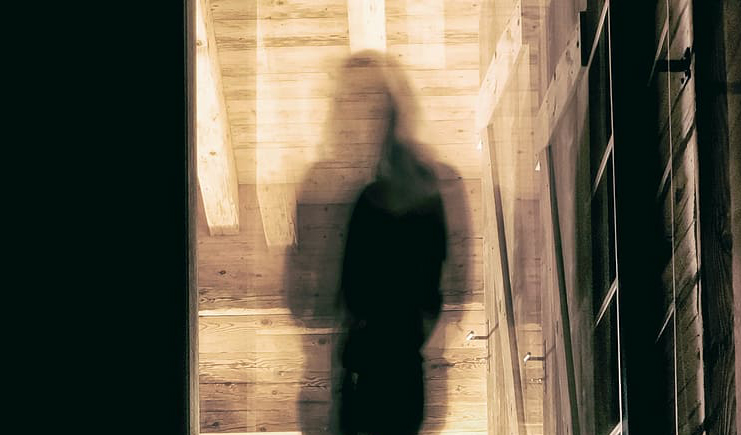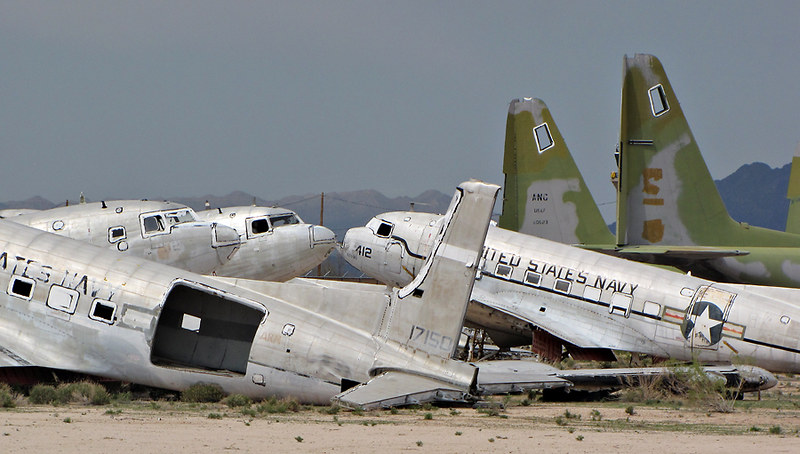Sophia Efthimiatou
Olympic Airlines flight 411 left Athens, Greece, at ten o’clock that morning, New York being its destination. The little monitor attached to the seat in front of me showed the plane as floating somewhere above the Atlantic Ocean, just past Great Britain, when the Captain announced that there was a chance there was a bomb on board. The information was received through anonymous phone call to a newspaper, could be an “empty threat,” he said, not unusual during the Olympic Games, but as a precaution he had to do an emergency landing.
“We’re flying back to London Heathrow, folks,” he said, because New York’s JFK had already refused access to us.
I was still processing the news when I saw the Royal Air Force jets surrounding us. At first I thought they were there to escort us back to safety but the old man sitting next to me said they were there to take us down in case someone on board tried to pull a 9/11.
“We are going to die,” he then said, face sinking under his fisherman cap. I was ready to protest, but realized I could not deny his statement. This was a case of life and death, they had now become valid alternatives on the fourth hour of our ten-hour flight, options as ordinary as the chicken and pasta dishes that had been offered to us, the wine and the soda, the coffee and the tea, the book on my lap and the Nicolas Cage movie on our tiny monitors.
I looked around me. Everyone had fallen silent. This was a good sample, indeed, these were all people who could die in a plane crash. But I was not one of those people. I could not imagine myself dying that way, with airplane chicken as my last meal, and a Nicolas Cage movie as my last memory of this world. There should be a policy, I thought: only Academy-awarded classics on transatlantic flights. This was ridiculous. I knew I wouldn’t die like this, not today. As far as I was concerned, there was no bomb on this plane.
I reached for my seatbelt because I was instructed to fasten it by an annoying flight attendant with a fake, Joker smile. She leaned over me and pushed my seat to an upright position, too. Congratulations, I wanted to tell her, we’re much safer now. What the hell did I need my seatbelt for? We were going to explode. But at least my ass would be rescued, they’d find it still attached to my seat, floating among the debris.
“Miss, will you please fasten your seatbelt.”
Why did she have to hover right over my head? I couldn’t believe that of all things, this woman was so preoccupied with my stupid seatbelt. Not only that, but she had now also taken my purse and all the Duty Free chocolate that was in it, and placed in the overhead compartment, “to clear the passageways.” Well, if there was a time to eat chocolate, that time was now. I wanted to eat all sixteen king-size chocolate bars that I had bought for my friends in New York.
“Will you please sit down immediately and fasten your seatbelt!” the flight attendant yelled from across the aisle, and rushed towards me.
“I need my purse!” I hissed. People were staring.
“Tell me what you need from your purse and I’ll get it for you. You must cooperate. Do you understand?”
“Yes.”
“What do you need from your purse?”
My chocolates. I just couldn’t say it. “Nothing.”
She gave me an exasperated look. And I hated her. Oh, I hope we go down, I thought. I hope we go down and that you go down screaming. I unfastened my seatbelt.
I wondered how big the bomb was. Perhaps, I thought, it was only a tiny bomb. How else could it have gotten past security? A tiny bomb would only damage part of the plane, probably just the luggage—which would be good, because we’d be even lighter. And we were already close enough to the UK. The rescuers would get to us in no time. Yes, the chances of survival were good. Please, God, make it be a tiny bomb.
But in case it was more of a medium bomb, and we did end up making a rough landing on water, I was probably better off fastening my seatbelt.
Click.
Of course this would happen to me. It would have never happened to my brother—he got to my mother’s uterus first and took all the luck it had to offer. He was the kind of person who’d find a fifty-dollar bill on the sidewalk. I was the kind person who would have dropped it.
And I had been unlucky all my life, now that I thought about it. Hadn’t I gotten food poisoning on prom night of all nights? I had the strapless dress, the big plans for making out with the guy I liked, the ironed hair, and the thick layer of eye shadow my older cousin had clumsily applied. But instead of a night to remember, I had ended up with diarrhea. By late afternoon I had a high temperature and I was vomiting in my tutu dress.
“I’m fine, I’m fine,” I told my mother, trembling, but she drove me to the hospital.
“Food poisoning,” the doctor said, sticking an IV on my arm. “Bad case too. She better stay the night.”
And the illness had only lasted one night. That one night.
First food poisoning and now this, I thought, as my lower lip began to quiver and the jet engines buzzed like monstrous bees around us.
Heathrow did not grant us permission to land. We had started descending but now we were rising again. The Captain said we were heading somewhere north of London, at Stansted airport, where there were fields, where we could land without endangering anyone else. “Land.” I did not believe there would be a landing, not anymore.
I should have had more sex in my life, I thought. Sex, yes, sex—what was the big deal? It was just sex, but I had refused it more times than I had welcomed it. I should get up right now, I thought, find a handsome passenger and guide him to the toilets, chocolate bars underarm. But no time for that now, now I had to come to terms with things. There were many things I wouldn’t get to do, and that was too bad. I was never going to have children. But at my age that desire had not been activated yet. I only knew I wanted children in theory. My biggest regret was that I hadn’t had the chance to fall in love. I hadn’t shared that with someone, hadn’t felt what it was like to be loved and to love someone back. Well, that was not true, I had my family, and my family’s love had been enough in a way. I was leaving with a sense of fulfillment. I knew this would destroy them, and I wished there was a way to communicate to them that I had died happy.
Love; the only thing that had mattered in the end. That was my grand realization. My life was about to end and my last thought had reduced me to a Beatles’ lyric.
I had assumed that if we were going to blow, it would be upon touching ground. Those seconds before the wheels of the plane collided with the surface of the earth my mind went completely blank. I was ready.
At least I remember being ready, though I now find it hard to believe that I was. Because we did not blow and the moment I realized that I was still alive, that I was safe, I returned to that ignorant state of immortality, instantly. All my commonplace thoughts immediately resumed their purpose—did I have my passport, where was my scarf?
“Have you had anything to eat?” my mother asked me, when I called her from the gate to tell her I was okay.
“I had some chicken,” I replied.
Sophia Efthimiatou is an MFA candidate at Columbia University, and her work has appeared in or is forthcoming from Granta Online, The Chattahoochee Review, the Louisville Review, McSweeney’s, The Faster Times, and Mr. Beller’s Neighborhood, among other publications.



